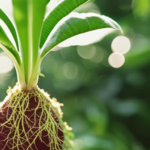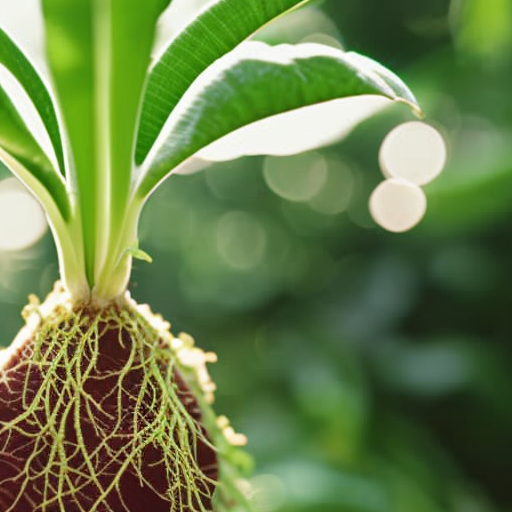Summary:
Plant breeding is the process of manipulating plant species to create desired traits and characteristics. It involves selecting and crossing plants with desirable traits to produce offspring with improved qualities. This process has been practiced for thousands of years and has played a crucial role in improving crop yields, disease resistance, and overall plant performance. Modern plant breeding techniques utilize a combination of traditional breeding methods and advanced technologies such as genetic engineering and marker-assisted selection.
Introduction to Plant Breeding:
Plant breeding is an ancient practice that dates back to the early days of agriculture. Farmers and early plant breeders observed and selected plants with desirable traits, such as larger fruits or better disease resistance, and saved their seeds for future planting. Over time, this process led to the development of improved crop varieties.
Traditional Plant Breeding Methods:
Traditional plant breeding methods involve crossing two plants with desirable traits to produce offspring with a combination of these traits. This process relies on natural genetic variation within plant populations. The selected plants are cross-pollinated, and their offspring are evaluated for the desired traits. The best-performing offspring are then selected for further breeding, and this process is repeated over several generations to stabilize the desired traits.
Advancements in Plant Breeding:
In recent decades, advancements in technology have revolutionized plant breeding. Genetic engineering techniques allow scientists to introduce specific genes into plants, giving them new traits or enhancing existing ones. This has led to the development of genetically modified (GM) crops with improved resistance to pests, diseases, and environmental stresses.
Marker-assisted selection (MAS) is another important tool in modern plant breeding. It involves identifying and selecting plants with desired traits based on specific genetic markers. This allows breeders to select plants with the desired traits more efficiently and accurately, reducing the time and resources required for traditional breeding methods.
Applications of Plant Breeding:
Plant breeding has numerous applications in agriculture and horticulture. It plays a crucial role in improving crop yields, nutritional content, and overall plant performance. Breeders focus on developing varieties with traits such as disease resistance, drought tolerance, improved nutritional value, and increased yield potential.
Plant breeding also contributes to the development of ornamental plants with enhanced aesthetic qualities, such as vibrant colors or unique flower shapes. Additionally, it is used to create plants with improved shelf life, post-harvest quality, and adaptability to different environmental conditions.
Challenges and Future Directions:
Plant breeding faces several challenges, including the need to develop crops that can withstand climate change, pests, and diseases. Additionally, there is a growing demand for sustainable and environmentally friendly agricultural practices. Breeders are working to develop crops that require fewer inputs, such as water and fertilizers, and have a reduced environmental impact.
The future of plant breeding lies in the integration of advanced technologies such as genomics, bioinformatics, and high-throughput phenotyping. These technologies enable breeders to analyze and manipulate plant genomes more efficiently, leading to the development of improved crop varieties in a shorter time frame.
In conclusion, plant breeding is a vital process that has been practiced for thousands of years to improve crop yields, disease resistance, and overall plant performance. Traditional breeding methods, genetic engineering, and marker-assisted selection are all important tools in the plant breeder’s toolkit. Plant breeding has numerous applications in agriculture and horticulture, and it continues to evolve with advancements in technology. The future of plant breeding lies in the integration of advanced technologies and the development of sustainable and environmentally friendly crop varieties.












